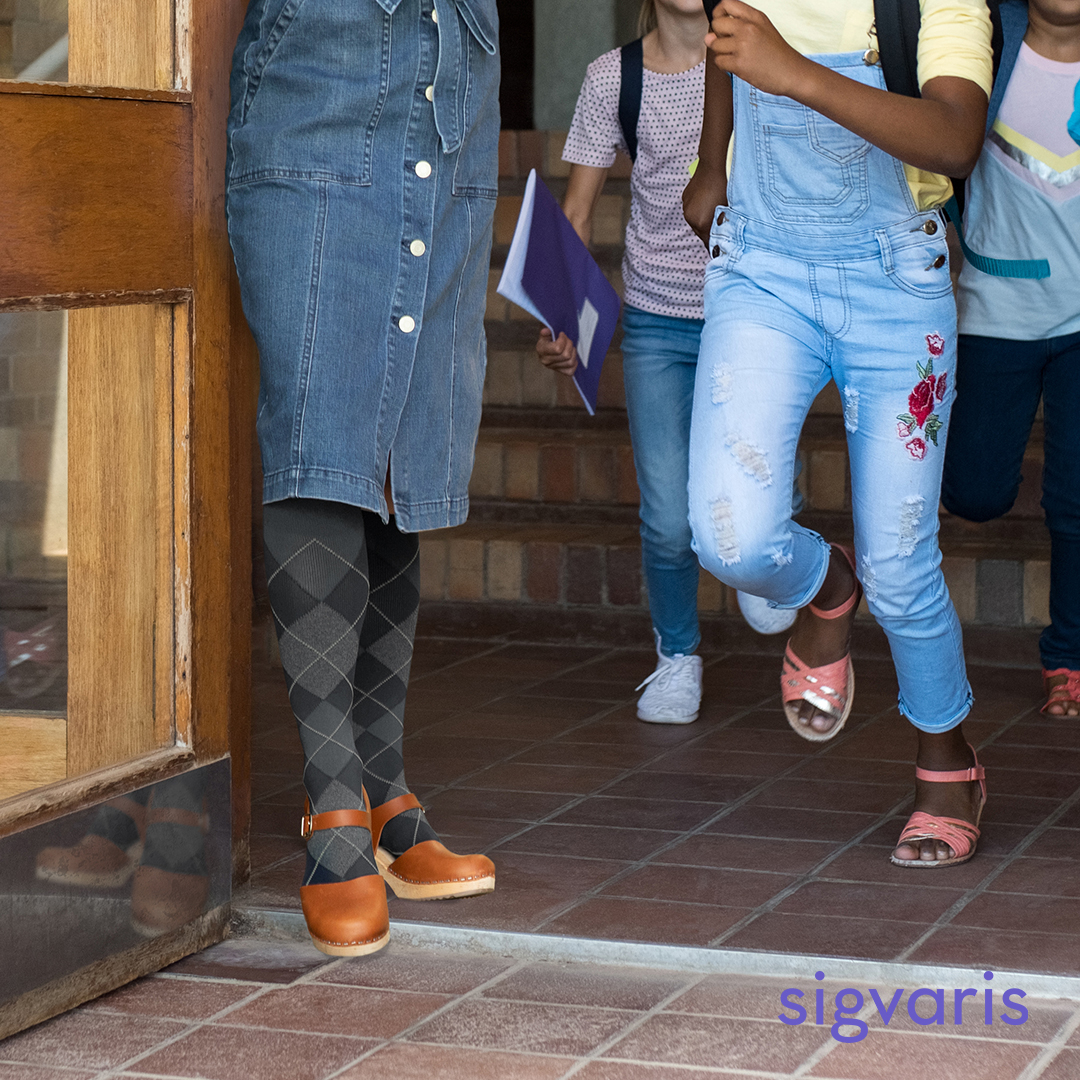How Do I Know if a Home Caregiver is Needed?
As we age, the dynamics of our lives undergo profound changes, and sometimes, those changes may require the involvement of a caregiver, also called a Home Health Aide (HHA). HHAs help perform activities that the patient is no longer able to do unassisted. Whether you are contemplating this decision for yourself or an elderly loved one, it is important to recognize the signs that show the need for caregiving. Below, we will explore various aspects to help you determine if an HHA is needed and how to approach this decision.
Ability to Perform Daily Activities:
The ability to perform routine daily activities is a key indicator of one’s independence. Keep a close eye on your or your loved one’s ability to manage tasks such as dressing, bathing, cooking, and taking medications. If there’s a noticeable decline or struggle in completing these activities, it might be time to consider an HHA to support you throughout the process while remaining in the comfort of your own home.
Physical Health and Mobility:
Physical health plays a fundamental role in determining the need for caregiving. Frequent falls, difficulty in walking, or chronic health conditions may require additional assistance. Regular medical check-ups and consultations with home healthcare providers can help in assessing the overall health status and whether extra support is necessary.
Cognitive Function and Memory:
Monitoring cognitive function is essential, especially in the case of conditions like dementia or Alzheimer’s. Forgetfulness, confusion, and difficulty in making decisions are common signs of cognitive decline. If memory-related issues are affecting daily life, considering a HHA with experience in memory care may be beneficial.
Social Isolation:
Loneliness and social isolation can have damaging effects on mental health. If you or your loved one is experiencing withdrawal from social activities or struggling to maintain relationships, a HHA can provide companionship and support to combat isolation.
Changes in Home Environment:
Pay attention to the condition of the living space. Unattended household chores, clutter, or an unkempt home could indicate difficulties in maintaining the environment without the assistance of another person. A HHA can assist with housekeeping tasks, ensuring a safe and comfortable living space.
Safety Concerns:
Assess the safety of the living environment. Look for potential hazards such as slippery floors, uneven surfaces, or poorly lit areas. If there’s an increased risk of accidents or falls, a HHA can implement safety measures and offer assistance.
Family and Community Support:
Consider the availability of family and community support. If there is limited assistance from family members, or respite care is needed to allow the immediate caregiver a break, an HHA can fill the gaps and provide consistent care.
Determining the need for a caregiver is a process that requires careful observation and consideration. It may be beneficial to involve the individual in the decision-making process, if possible, to respect their wishes and preferences. Remember, embracing the assistance of a HHA is a supportive step towards helping you or your loved one maintain a high quality of life and uphold independence for as long as possible. By recognizing the signs early on, you can make informed decisions that prioritize the well-being and comfort of yourself or your loved ones.
For more information, please contact QCN Home Health Care and learn more about how their services can make it possible to enjoy the pleasures and stability of being in your home environment while getting the medical care you or your family members require.



